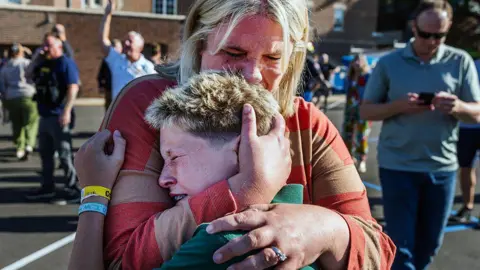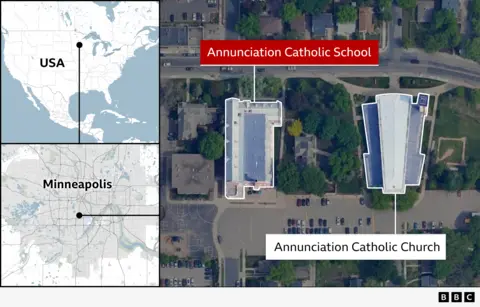Kenyan President William Ruto recently declared his intention to build a church at the State House in Nairobi, a project he insists he will fund personally. Speaking defiantly at a meeting with politicians, Ruto emphasized that he will not apologize for his decision despite opposition from various quarters. "The devil might be angry and can do what he wants," he stated, indirectly addressing the backlash he faces concerning the blending of state and church affairs.
News of the construction has already stirred emotions in a nation grappling with economic challenges. Reports indicate that the church, designed to hold 8,000 people and boasting stained glass windows, carries an estimated cost of $9 million. Critics note this expenditure is poorly timed, given the current financial struggles many Kenyans face.
The blueprint for the church was featured in the Kenyan newspaper, Daily Nation, raising concerns about its compliance with Kenya’s secular constitution—a situation further questioned by civil groups. The Atheists Society of Kenya has threatened to pursue legal action to halt the church's construction, highlighting the implications of such actions on Kenya's democratic fabric. "This is shocking and unacceptable," remarked society leader Harrison Mumia, emphasizing that the nation is diverse and does not exclusively belong to any single religious group.
Ruto, the first evangelical Christian president of Kenya, is known for his religious fervor, having previously erected a church at his former government residence. Despite estimates indicating that about 85% of Kenyans identify as Christian, the country is also home to sizable Muslim and minority faith communities. The absence of mosques or temples at the presidency has led archbishop Philip Anyolo of Nairobi to call for clarity regarding the church's intended purpose, emphasizing that any construction on public grounds must respect the country's diverse religious demographics.
As the project unfolds, the conversation regarding the role of religion in public institutions remains pertinent, reflecting broader questions about governance and community representation in a nation marked by its multifaceted cultural landscape.

















